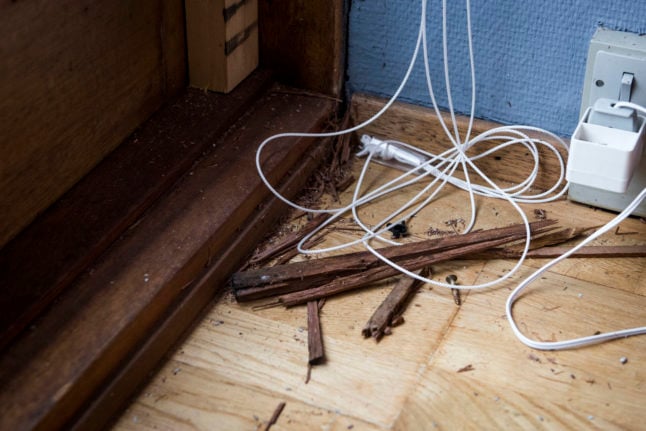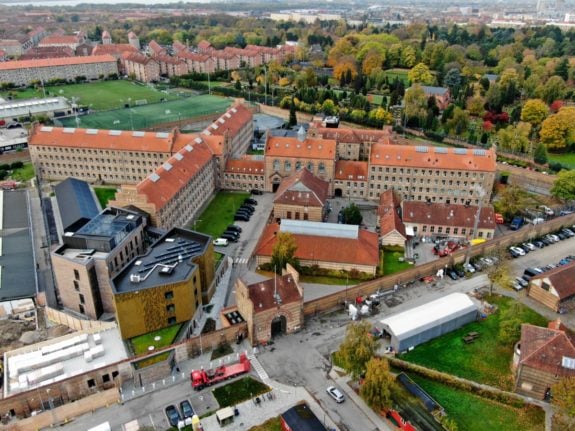A total of 3,281 break-ins were reported to police in the first four months of this year, data from Statistics Denmark reveal.
The figure is 12 percent lower than it was in the same period of 2022 and significantly reduced compared to pre-pandemic levels.
“This might be because working from home has become more normal since corona. There are more people in individual neighbourhoods,” Britt Wendelboe, director of the Bo Trygt home safety initiative, told news wire Ritzau. Bo Trygt was created by organisations and companies including TrygFonden, a foundation owned by the Tryg insurance group.
The Danish Crime Prevention Council (Det Kriminalpræventive Råd), a police crime prevention council, is also part of the initiative.
Neighbourhood assistance is one of the most effective ways to prevent break-ins, according to Bo Trygt, which says that two in three thieves have experienced being interrupted by a neighbour during a break-in.
“We know that neighbourly help works because if there’s something that thieves fear, it’s being seen. Working from home functions in the same way,” Wendelboe said.
“There are more of us at home and maybe you take a lunchtime walk where you live – so there are more people in the area,” she said.
While the number of home break-ins is down, the reverse is true for shops.
Some 5,960 shops reported break-ins in the first quarter of the year, nine percent up compared to 2022.
“We suspect that many consumers have an incorrect perception that shops are creaming off the top following the price increases there have been on energy and food,” Thomas Gress, a senior economist with SMVDanmark, an interest organisation representing around 18,000 small and medium-sized Danish businesses, told news wire Ritzau.
The number of break-in is “disappointing” and could ultimately force shops to raise prices further, he said.



 Please whitelist us to continue reading.
Please whitelist us to continue reading.
Member comments